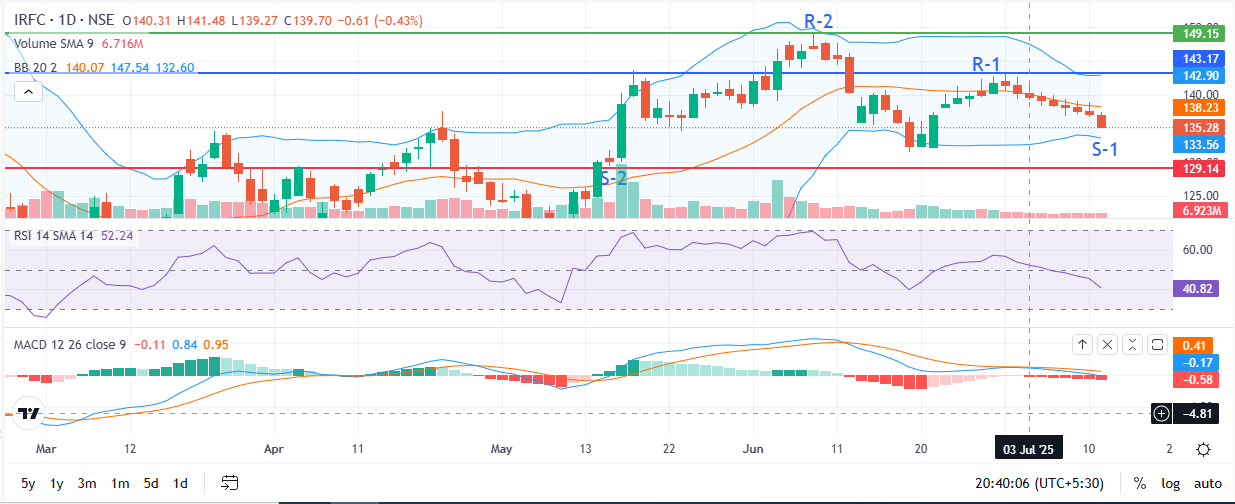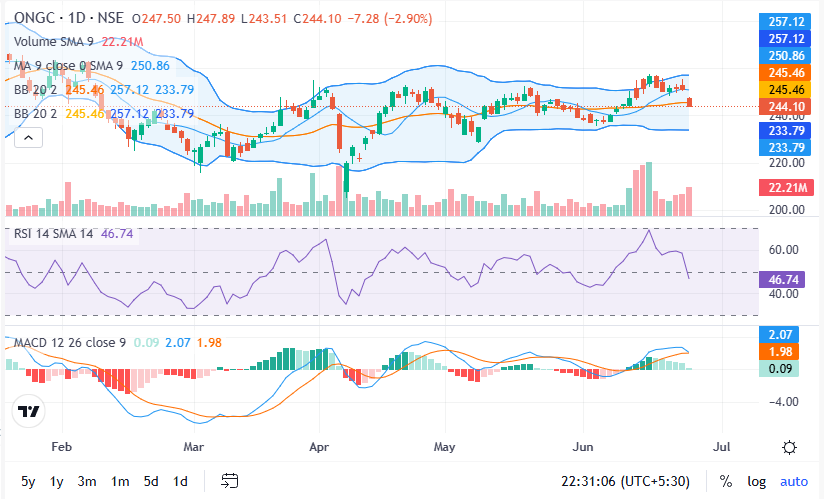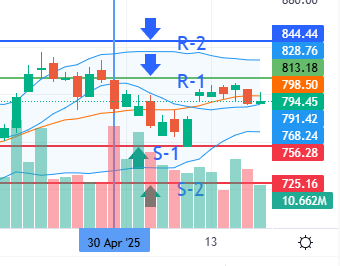Emotion is a component that is frequently disregarded in the realm of trading and investing. Although tools, analysis, and tactics are crucial, great investors are frequently distinguished from the rest by their capacity to control their emotions. With its frequent fluctuations and surprises, India’s fast-paced equity market makes emotional control a crucial component of success.
This is a thorough instruction on how to control your feelings when trading or investing in the Indian stock market.
The Significance of Emotions in Finance
Emotions and reasoning frequently collide in the stock market. Excitement, fear, greed, and remorse can impair judgment and cause you to make illogical choices.
Emotions can influence you whether you’re trading intraday or making long-term equity investments.
Because of FOMO (fear of missing out), buy high.
Panic causes a cheap price.
Keep lost positions hidden.
Leave profitable positions too soon out of fear of losing them.
The first step to developing emotional discipline in finance is to recognize these inclinations.
The biggest emotional obstacle that traders and investors face is:
1. Fear of losing money.
It’s normal to feel afraid, particularly in unpredictable markets. However, if left unchecked, it may force you to pass up possibilities or withdraw from a profitable venture too soon.
2. A desire to increase profits
In the hopes that the stock would continue to rise, many investors do not book profits. Greed frequently impairs judgment, which results in losses when the market shifts.
3. Overconfidence Following a Victory
Feeling invincible after a few profitable transactions can lead to riskier wagers without adequate research.
4. Self-blame and regret
Remorse after losing something or missing an opportunity might result in emotional decisions or vengeance trading to cope.
Techniques for Managing Market Emotions
1. Establish a Clearly Defined Investment Plan
Establish your goal price, stop-loss, and exit strategy prior to purchasing any equity shares. A well-organized plan minimizes emotional disruption and removes uncertainty.
✅ Regardless of market noise, stay true to your goal.
2. Vary to Lessen Nervousness
In addition to distributing risk, diversification lessens the psychological strain that comes with exposure to a single asset.
Having a diverse financial portfolio guarantees that you are not too reliant on any one item.
3. Make use of SIPs, or systematic investment plans.
For emotional stability, SIPs are perfect. They automate your investment process and keep you from responding rashly to fluctuations in the market.
💼 It’s a methodical approach to increasing equity share wealth without continuously monitoring the market.
4. Have reasonable expectations
No one can win all the time, and no stock can continue to rise indefinitely. Recognize that losing is a part of the game.
Pursuing windfalls is not as sustainable as aiming for steady, fair rewards.
5. Restrict Position Sizes and Exposure
Don’t invest all your money in a single stock or investment. Limit the amount of your stake to safeguard your money and your sanity.
6. After Losses, Take Breaks
If you lose, take a vacation. Recovering emotionally is necessary before making new choices. To make up for losses, don’t jump into transactions.
🧘 Financial decisions are better made with a clear head.
7. Maintain a Journal of Trading
Keep a record of your trades, your motivations, and your emotions. This eventually enables you to identify emotional trends and steer clear of reoccurring errors.
8. Engage in meditation or mindfulness exercises
You may lessen the impact of panic or greed in the market by practicing mindfulness for even ten minutes each day.
Helpful Mindset Shifts:
Prioritize process over result. Both profitable and unsuccessful trades don’t always turn a profit. The decision-making process is what counts.
Recognize the inherent nature of market cycles. Corrections are a natural element of long-term investment growth, so don’t panic.
Recognize how outside influences, such as news, social media, and even peer pressure, affect your mental state. Reduce the noise.
Resources to Aid in Stop-Loss Orders: prevents you from making rash decisions by automating your exit.
Portfolio trackers: Assist in keeping an eye on your financial well-being in addition to specific trades.
Alerts and Reminders: Keeps you focused and on course for your objectives.
Concluding remarks
In the stock market, controlling one’s emotions is just as crucial as selecting the appropriate equity shares or formulating the winning investment plan. Emotionally motivated decisions can ruin even the most well-thought-out ones.
Learn to appreciate your feelings without letting them control you if you want to be successful in the Indian stock market. Continue to improve your procedure, keep yourself updated, and most of all, maintain your composure.
Disclaimer:
This article is for informational and educational purposes only and does not constitute financial advice. Investing in the stock market involves risks, and readers should do their own research or consult a qualified financial advisor before making any investment decisions. The views expressed are those of the author and may not reflect the opinions of this blog or its affiliates.




